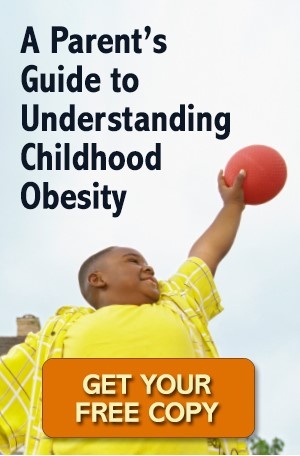One of the most common respiratory viruses is Respiratory syncytial virus (RSV). In the United States, the RSV season typically starts in fall and can last into spring. It has hit harder this year, with cases on the rise affecting both adults and kids. Discover answers to common questions about RSV and how it affects adults and kids.
What are the first signs of RSV?
The initial signs of RSV are similar to mild cold symptoms. Typically, you won’t show symptoms of RSV until 4 to 6 days after being infected. These may include:
- Runny nose
- Decrease in appetite
- Coughing
- Sneezing
- Fever
- Wheezing
Symptoms usually appear in stages, instead of all at once. While most RSV infections going away on their own within a week or two, it can be worse for some age groups.
How contagious is RSV?
RSV is very contagious. It spreads when an infected person coughs or sneezes and you get the virus droplets in your eyes, nose, or mouth.
People infected with RSV are usually contagious for 3 to 8 days and may be contagious a day or two before they even show signs of having the virus.
It can also spread when you have direct contact with the virus, such as kissing the face of a child with RSV or touching a surface with the virus on it and then touching your face. The virus can survive for many hours on hard surfaces like tables, door knobs or crib rails.
Is RSV very serious?
RSV is a common respiratory virus that usually causes mild symptoms that resemble a cold. Most people recover within a week by drinking enough fluids, managing the fever or pain with over-the-counter medications, and getting adequate rest. However, it can be serious for older adults and children under the age of 6 months because it can lead to worsening health conditions and hospitalization.
Do adults get RSV?
Yes, adults can get RSV. Older adults are at high risk for severe RSV infection because our immune systems weaken when we’re older. According to the CDC, each year in the United States, RSV leads to approximately 60,000-120,000 hospitalizations among adults over 65 years of age.
When an older adult gets an RSV infection, they typically have mild cold-like symptoms including runny nose, sore throat, cough, and headache. But RSV can sometimes lead to serious conditions such as:
- Pneumonia (infection of the lungs)
- More severe symptoms for people with asthma
- More severe symptoms for people with chronic obstructive pulmonary disease (COPD) (a chronic disease of the lungs that makes it hard to breathe)
- Congestive heart failure (when the heart can’t pump blood and oxygen to the body’s tissues)
Older adults who get very sick from RSV may need to be hospitalized. Some may even die.
Signs of RSV in kids
Almost all children get RSV at least once before they’re 2 years old. For most children, it’s just like getting a cold, but some children – especially infants – can get very sick.
RSV may not be severe when it first starts. However, it can become more severe a few days into the illness. Early symptoms of RSV may include:
- Runny nose
- Decrease in appetite
- Cough, which may progress to wheezing or difficulty breathing
Most of the time RSV will cause a mild, cold-like illness, but it can also cause severe illness such Bronchiolitis (inflammation of the small airways in the lung) or Pneumonia (infection of the lungs).
Infants who get an RSV infection almost always show symptoms. This is different from adults who can have few or no symptoms with an RSV infection.
In very young infants (less than 6 months old), the only symptoms of RSV infection may be:
- Irritability
- Decreased activity
- Decreased appetite
- Apnea (pauses in breathing more than 10 seconds)
Always call your healthcare provider if your child is having difficulty breathing, not drinking enough fluids, or experiencing worsening symptoms.
How to treat RSV in kids
Most children will recover from an RSV infection on their own in a week or two by drinking enough fluids, managing pain with over-the-counter medications and rest.
Other ways you can help your child feel better are by using a cool-mist humidifier and gentle suctioning of the nasal passages with saline solution.
You can protect yourself and your child from RSV by:
- Avoiding close contact with sick people
- Washing your hands often
- Covering your coughs and sneezes
- Avoiding touching your face with unwashed hands
- Cleaning and disinfecting surfaces
- Staying home when you’re sick
Researchers are working to develop RSV vaccines, but none are available yet.
If you're concerned about symptoms you’re experiencing with RSV or it doesn’t improve after seven days, contact your health care provider.
Consider choosing Orchard Hospital's Medical Specialty Center - Your Everyday Health Care Clinic - next time you need medical attention.
Our mission at Orchard Hospital is to provide our community with superior healthcare. We strive to ensure that your experience at Orchard Hospital is as pleasant and comfortable as possible. Our priority is to provide you with the care you need when you need it, with skill, compassion, and respect.
Related Articles:
It's Flu Vaccination Time! [2022-2023 Update]



